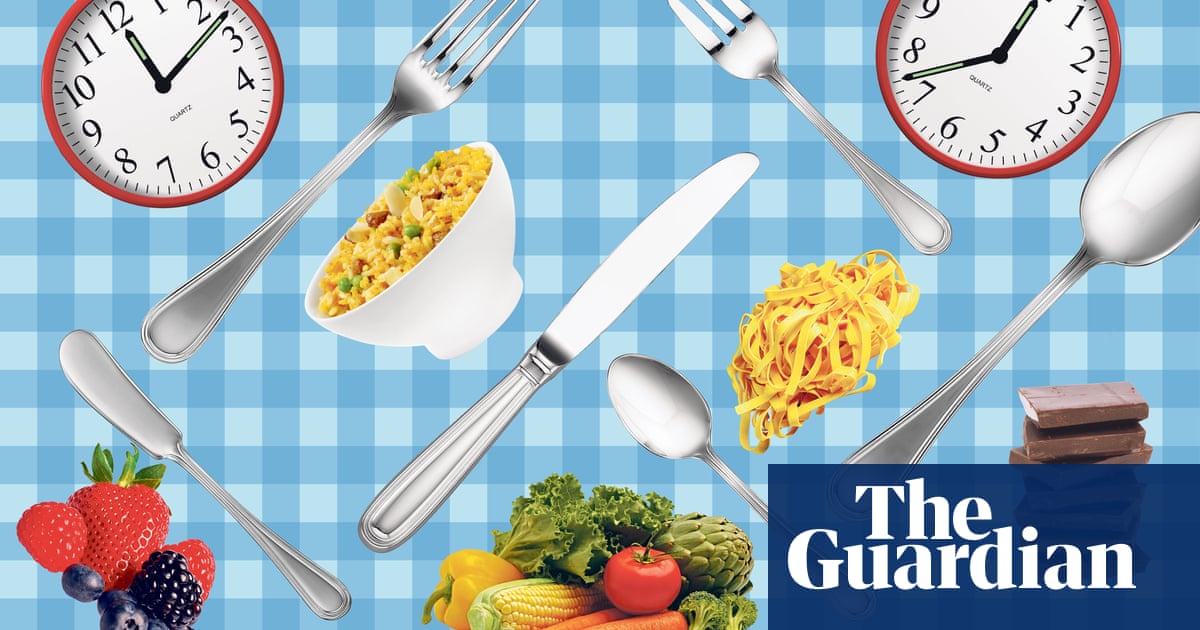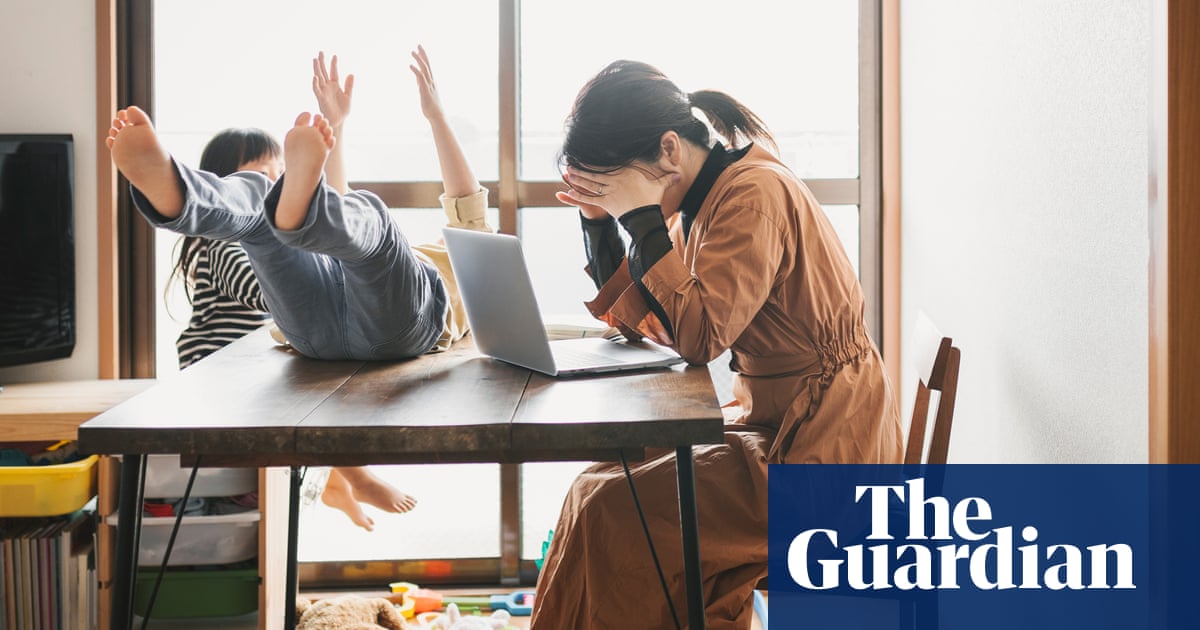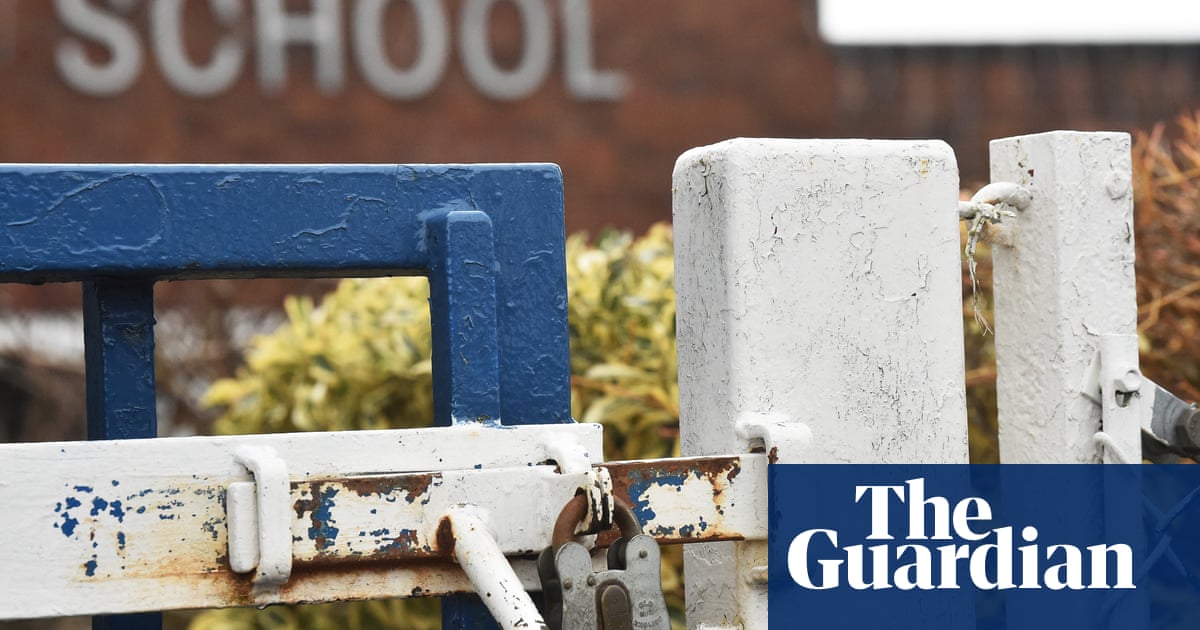
Karishma, there is a TikTok video that has been watched more than 6 million times about “eldest daughter syndrome”. As a middle child, I can already hear my older sister quietly rejoicing at this phrase (I’m surprised she hasn’t sent me the TikTok). Can you talk us through what the video is about?
I have been itching to talk about this, Claire. In the video you reference, a licensed marriage and family therapist from the US – Kati Morton – explains eldest daughter syndrome (or “EDS”) as a “term coined to describe the unique pressures and responsibilities placed on to the oldest daughter of the family”. Morton argues that those with eldest daughter syndrome are “responsible for more domestic labour” than other siblings.
I actually don’t believe in birth order determining personalities, and you know why? Because as the youngest daughter of three, I actually think I have eldest daughter syndrome (shocking – as the youngest child – to make this about myself, I know). Much like the syndrome itself, this is not based in fact, but in feeling. I once went to a tarot reader with my mother and the lady looked at me and went: “The birth order in your family is all WRONG – you are actually acting like the eldest daughter while your sister is acting like she’s the youngest.” Like your sister, Claire, I also quietly rejoiced in that moment.
Well, isn’t this is an unexpectedly perfect response! Not to go past the tarot cards (please tell me more about that later), but you mentioned this syndrome isn’t based on fact?
Morton says in her video that eldest daughter syndrome is not an official mental health diagnosis. I dug through Google Scholar in hopes of finding something – anything – from an expert, and nothing. Even though Morton agrees there’s nothing scientific about it (yet), she goes into depth about the eight signs that you could have eldest daughter syndrome. Here they are if you need a checklist:
1. “You have an intense feeling of responsibility.”
2. “You are an overachiever, type A and very driven.”
3. “You worry a lot and probably have anxiety.”
4. “You struggle with people-pleasing behaviours.”
5. “You have a hard time placing and upholding boundaries.”
6. “You resent your siblings and family.”
7. “You struggle with feelings of guilt.”
8. “You have a difficult time in your adult relationships.”
Right, so what are other people saying about it online? Do the “overachiever, type A and very driven” eldest daughters around the world agree?
SO MANY people agree, which is why it’s been trending since 2022. A majority of the comments under the many eldest daughter syndrome videos on TikTok are from eldest daughters and they say things like: “Not sure if I feel attacked or seen, lol” or “All 8. Do I get a prize or something?”
Yang Hu, a sociology professor at Lancaster University, describes eldest daughter syndrome in the Conversation as “emotional burden eldest daughters tend to take on in many families from a young age”.
But what’s interesting to me is that among those comment threads, every so often you’ll read a comment from a youngest child like myself, shouting in exasperation that they are in fact the eldest daughter.
I felt about six out of eight of Morton’s eldest daughter syndrome signs. So boohoo big sisters, if this is a competition?
Sign up for the fun stuff with our rundown of must-reads, pop culture and tips for the weekend, every Saturday morning
I don’t want to start a war as a classic middle child (often overlooked, forgotten but the most fun!) – but wouldn’t the oldest sibling feel more responsible and emotionally intelligent because they are (thanks to timing and birth order) quite literally more mature than their siblings?
For most families, I think that would be true. Some of the eldest daughters I’ve spoken to have said they’ve handled a lot of responsibilities like life admin for the family, organising food and entertainment for their younger siblings (my older sister is actually great at this), and they say that makes them better leaders in their adult lives.
Not to get too deep in the weeds now, but there was discussion in the office about eldest daughters becoming the carers for sick parents, especially if there are no other daughters in the family. Women typically carry the load when it comes to unpaid labour and care – is this trend just another unfair case of gender inequality?
Hu says that in families following a patriarchal order, the eldest daughter often bears most of the burden from a young age. It can affect their wellbeing and “steal” their childhood when they are forced to assume adult responsibilities. It may also lead to a phenomenon known as parentification – where parents turn to children for support about their adult lives instead of being the providers of care.
And this restarts the cycle of gender inequality in the next generation. I don’t have a brother, but I’d imagine that eldest male siblings are held to much different standard than the eldest daughter. In my South Asian family for example, if I had an older brother, I’m certain that there’d be much more emphasis from my parents on helping him succeed career-wise, while I would have to shoulder the burden of helping my mum around the house and caring for my parents as they age.
Why do you think we are talking about this now?
Because in its usual fashion, TikTok has given a new label to an age-old phenomenon … and because eldest daughters are flooding internet with their incessant complaining!
I do feel especially sorry for people who are the first daughter, first niece and first granddaughter, like the woman in this TikTok (and my poor sister). What do the eldest daughters (or youngest daughters with eldest daughter syndrome) want from their siblings? Recognition? A “cure”?
I think every eldest sibling (or those with eldest daughter syndrome) just wants their siblings to leave them alone. This TikTok of Khloé Kardashian’s exasperation at her brother, Robert, puts it best: “What do you want, Robert? More money? A cheque? A car? My soul?”












